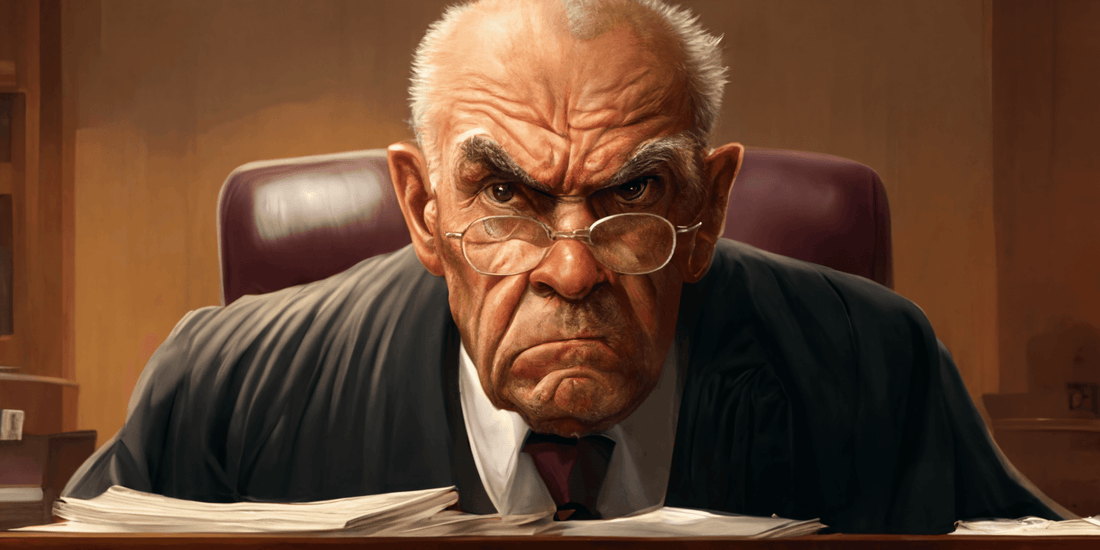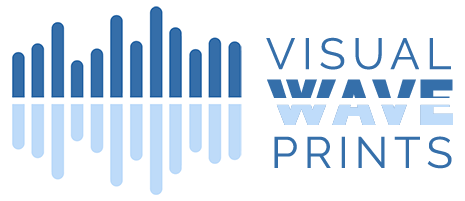
Navigating Intellectual Property Laws: What Art Sellers Need to Know
Daniel WroblewskiShare
Intellectual property refers to creations of the mind, such as inventions, literary and artistic works, symbols, and designs, protected by law. Intellectual property laws aim to encourage innovation by providing creators with the exclusive right to control the use and distribution of their works for a limited time. This protection allows creators to earn recognition and financial benefit from their creations, and it also helps promote creative industries' growth and development.
However, the protection of intellectual property also has its challenges. One of the biggest challenges is the prevalence of copyright infringement, particularly in the art world. Therefore, art sellers must avoid copyright infringement to protect themselves and their businesses from legal consequences.
Here are some steps art sellers need to take to avoid copyright infringement:
- Conduct proper research: Before selling any artwork, art sellers should conduct thorough research to ensure that the artwork is original and does not infringe on any existing copyrights. This research should include a review of the artist's previous works, their copyright status, and any legal disputes or lawsuits involving the artist.
- Obtain permission: If the artwork is based on someone else's work or uses someone else's intellectual property, the art seller should obtain permission from the owner before selling the artwork. This is especially important in the case of works protected by copyright, such as photographs, paintings, and sculptures.
- Use caution when selling reproductions: Art sellers should be especially cautious when selling reproductions of famous works of art, as these may be protected by copyright. To avoid copyright infringement, art sellers should only sell reproductions of these works if they have obtained permission from the copyright owner or if the work is in the public domain.
- Keep records: Art sellers should keep records of all their transactions, including the artists' names and the titles of the works they sell. These records can be used as evidence of a legal dispute or lawsuit.
If an art seller is charged with copyright infringement, they must take immediate action to address the situation. Here are some steps that should be taken:
- Seek legal advice: The first step for an art seller charged with copyright infringement should be to seek the advice of a legal professional. An experienced intellectual property attorney can help the art seller understand the charges against them and advise them on the best course of action.
- Remove the infringing material: The art seller should remove the infringing material from their website or store as soon as possible. This will demonstrate that the art seller is taking the matter seriously and is committed to resolving the issue.
- Negotiate a settlement: If the copyright owner is willing to negotiate, the art seller should consider settling with them. This can help resolve the matter quickly without the need for a lengthy and expensive legal battle.
- Consider alternative dispute resolution: Alternative dispute resolution methods, such as mediation or arbitration, can be a cost-effective way to resolve a copyright infringement dispute. These methods allow the parties to reach a resolution without going to court, and they can often be completed more quickly and with less expense than a traditional lawsuit.
Copyright infringement is a severe issue in art, and art sellers must take steps to avoid it. By conducting proper research, obtaining permission, using caution when selling reproductions, and keeping records, art sellers can reduce the risk of copyright infringement and protect themselves and their businesses from legal consequences. If an art seller is charged with copyright infringement, they should seek legal advice and take steps to resolve the matter as quickly and efficiently as possible.
